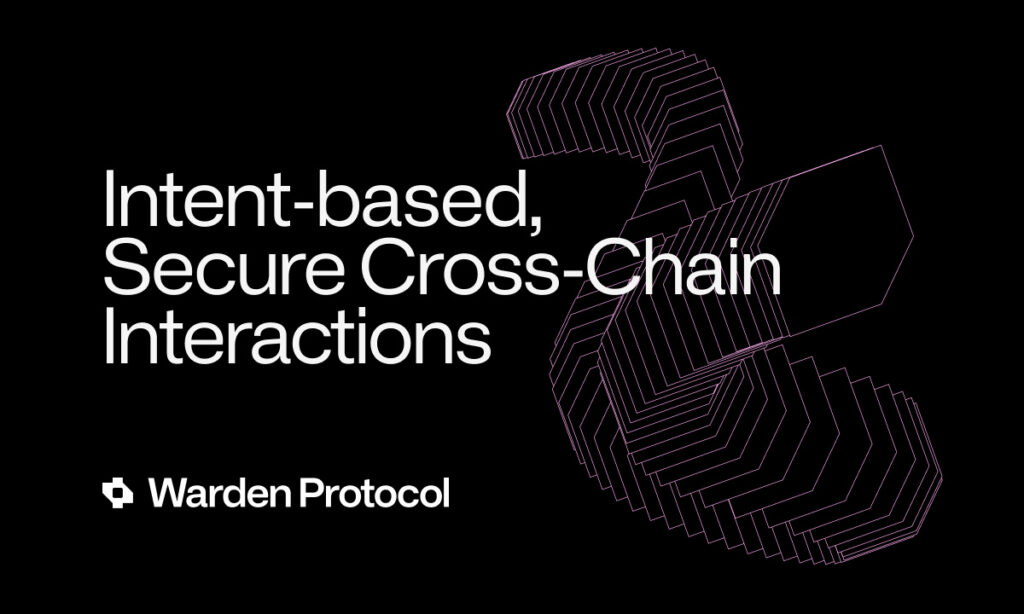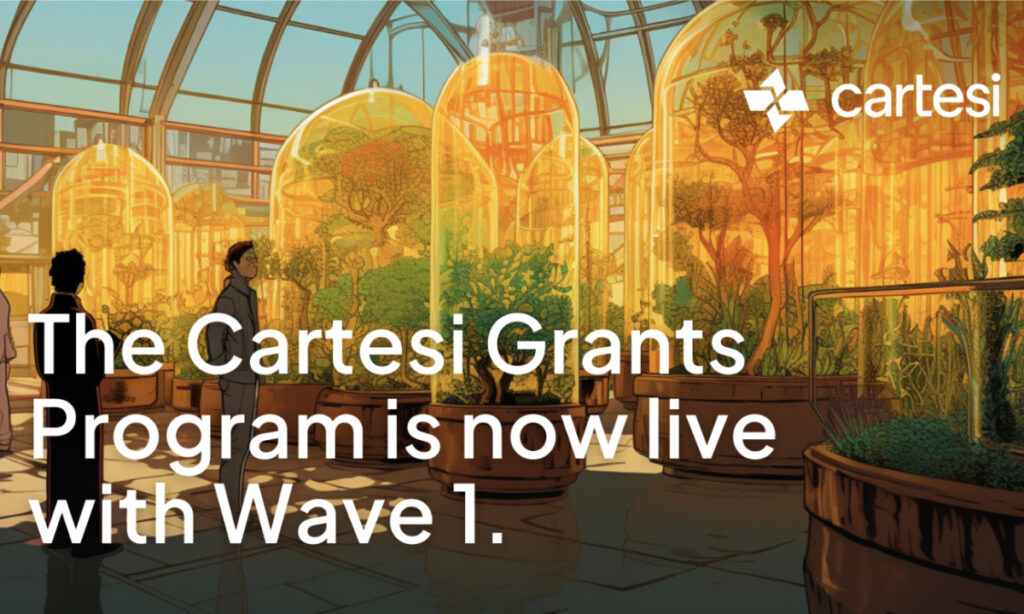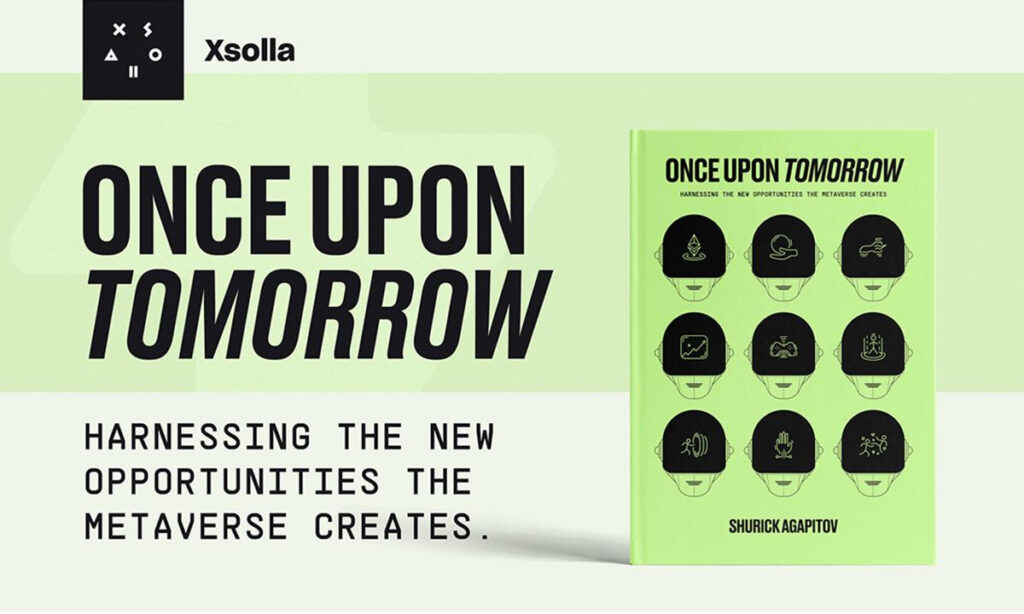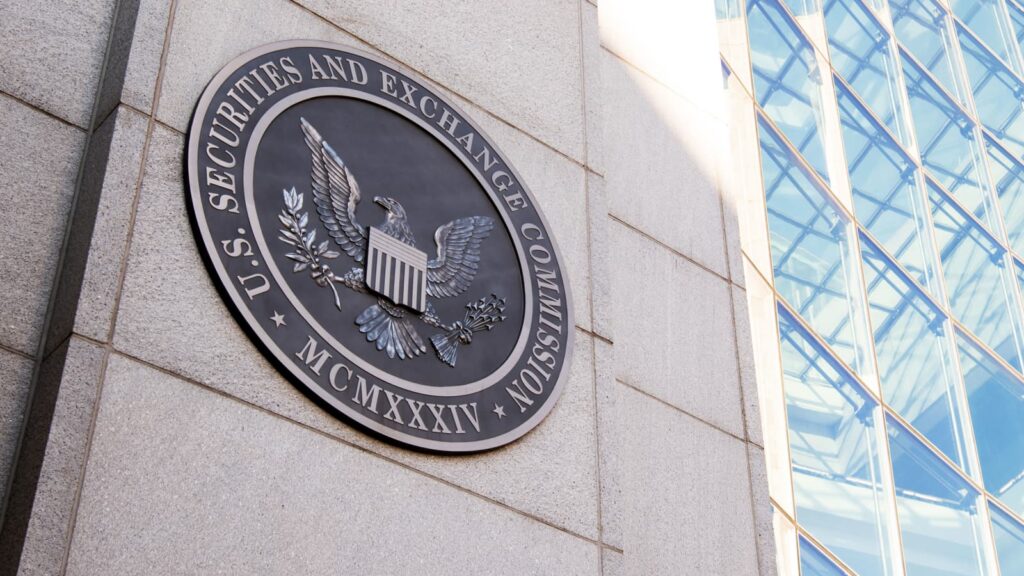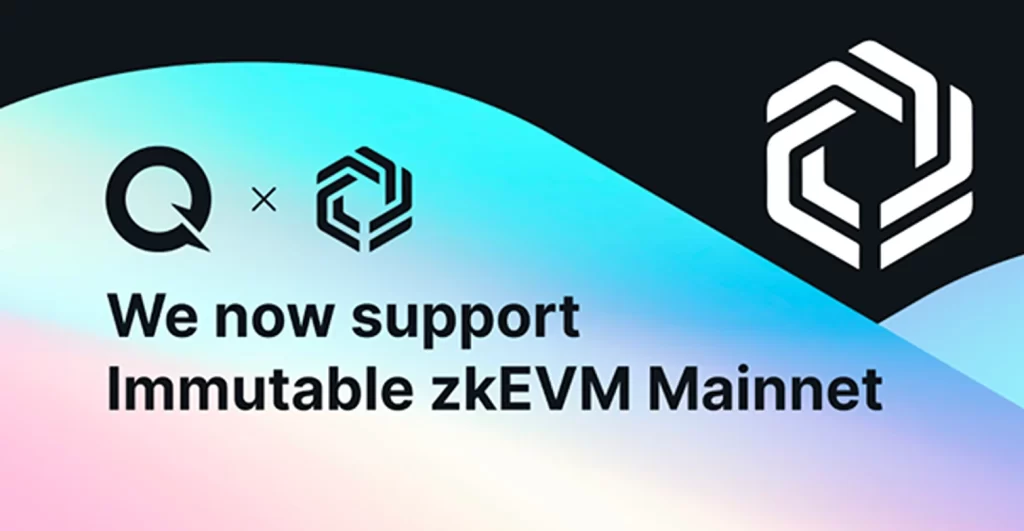In a bid to curtail short-selling activities amidst recent stock market turmoil, the Chinese securities regulator, the China Securities Regulatory Commission (CSRC), has announced new measures set to come into effect from January 29.
According to reports, the CSRC disclosed its decision on WeChat, stating that it would suspend the lending of restricted shares.
Restricted shares are typically subject to specific sale and transfer restrictions, often imposed due to corporate governance policies or as part of employee compensation plans, thereby limiting their sale.
However, they can be lent for trading purposes, including short-selling.
The CSRC has cited several reasons for implementing these rules, with a focus on promoting fairness and reasonableness in the market.
They aim to reduce the efficiency of securities lending, limit the advantages of institutions utilizing information and tools, and provide all types of investors with more time to digest market information, ultimately striving for a fairer market order.
This move follows a broader trend of China’s efforts to control capital outflows. Earlier in January, the country’s largest brokerage ceased lending stocks to retail investors and increased margin requirements for institutional investors, responding to regulatory guidance.
READ MORE: Coinbase Faces Stock Price Volatility Amid Ongoing SEC Lawsuit and Bitcoin’s Price Decline
Notably, back in October, the local regulatory body had already introduced new regulations for hedge funds, restricted shares lending by strategic investors, and intensified supervision of arbitrage activities.
Short-selling, a financial strategy where investors borrow shares and sell them in anticipation of a stock’s price decline, is at the center of this regulatory action.
China’s stock market has grappled with considerable challenges over the past year, with the CSI 300 Index benchmark declining by 11% in 2023, and the MSCI China Index falling by almost 10% during the same year, following declines of 23.6% in 2022 and 22.8% in 2021.
Furthermore, foreign investors have exhibited diminished confidence in the Chinese market, with over 170 billion yuan (US$23.4 billion) in onshore stocks sold by non-Chinese investors between July and November of the previous year, as reported by the South China Morning Post.
Despite these market challenges, China continues to invest heavily in pilot projects for its central bank digital currency (CBDC), the digital yuan.
This includes integrating the technology with foreign banks and using the digital yuan to settle commodities transactions on Shanghai exchanges, showcasing the nation’s commitment to technological advancement in the financial sector.


